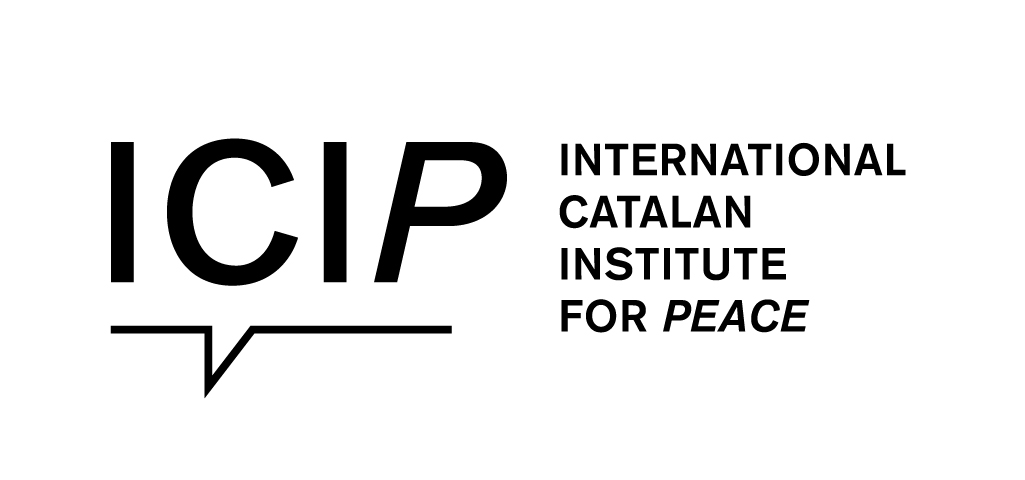Educating for peace through cultural rights

The Pau Casals Chair promotes the humanistic and musical legacy of one of the most internationally renowned Catalan artists. In addition to his particular musical talent as a composer, performer and orchestra director, mention must also be made of his commitment to peace, disarmament and the construction of a united nations system. Pau Casals fostered dialogue and a commitment on the part of all countries to promoting coexistence and peaceful conflict resolution. In today’s context, the Maestro would undoubtedly be considered a defender of cultural rights.
His trajectory illustrates the importance of aligning culture and the arts with other possible strategies, as the convergence and engagement of different social and political actors often create the climate and conditions for peace.
Education for peace, based on the foundations of human rights, needs to incorporate as many dimensions and options as possible to realise its principles. Cultural rights are the least explored rights within the family of human rights, which were proclaimed in 1948 and defined in the framework of the International Covenant on Economic, Social and Cultural Rights (ESCR), adopted in 1966.
Encouraging the involvement of culture, in a broad sense of the word, in the processes and consolidation of peace is a challenge and a necessity in the current context. Within the framework of the cultural life of citizens, the services and cultural agents available to society are perceived as essential in today’s world, in which most conflicts have certain cultural implications and roots. Similarly, achieving peace also calls for restoring situations of cultural destruction and observing violations of cultural rights in addition to other fundamental rights.
Within this framework, the Pau Casals Chair has proposed the project “Educating for peace through cultural rights” to reflect on how the values and principles of cultural rights may be included in approaches to education for peace. For years, they have been promoted by different bodies and have their own conceptual framework.
This project falls within the scope of the 2030 Agenda’s Sustainable Development Goal (SDG) 16: “Promote peaceful and inclusive societies for sustainable development” and other related SDGs (4, 5 or 17, among others).
Objectives
– To link peace education to cultural rights based on current references in order to achieve synergies and complementarities.
– To identify the contents of cultural rights that have an impact on the promotion of peace.
– To gather information on significant practices and experiences in the contribution to peace through culture and creation.
– To develop principles and criteria for scheduling cultural events from the perspective of the contribution of cultural rights to peace.
– To publish a guide for exploring the principles of cultural rights and promoting the culture of peace for cultural services and facilities.
– To share the work with an international network of UNESCO Chairs specialised in human and cultural rights and other civil society organisations.
In cooperation with the International Catalan Institute for Peace


